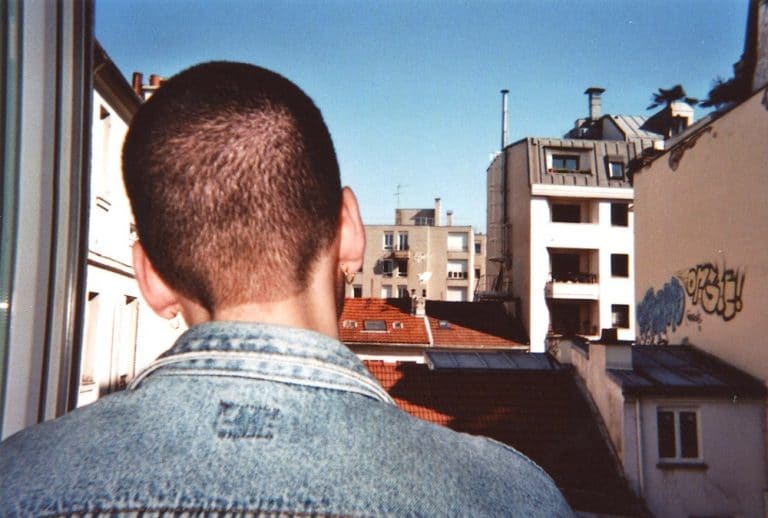During the COVID-19 crisis, LGBTQ rights are under threat
For the LGBTQ community, the coronavirus crisis has worsened an already precarious reality—physically, emotionally, socially, politically and economically. Sadly, the unique needs and hardships faced by the queer community, and particularly the most marginalised within it, are, for the most part, excluded from the global discourse surrounding the pandemic and our societies’ reaction to it.
Research indicates that queer people are drastically more susceptible to substance abuse and mental health problems, including depression and anxiety, and are more prone to suicidality. This results, to a large extent, from what researchers define as ‘minority stress’; queer members of other minority groups (such as people of colour and immigrants) often experience increased levels of minority stress. Physical distancing and an abrupt reduction in social interactions during COVID-19 are noted by experts to exacerbate the mental and emotional strain experienced by LGBTQ people, and particularly queer youths and young adults.
Lack of access to care during the pandemic also significantly impacts the queer community, as many services vital to their well-being have been regarded as ‘nonessential’. An article published by Harvard Medical School titled COVID-19 and the LGBTQ+ community: Rising to unique challenges notes that trans and non-binary people may be having difficulty accessing hormone treatments and surgeries during the crisis—both of which are essential for their physical and mental well-being.
Furthermore, the economic fallout from the pandemic is proving to be a great source of distress for the queer community. Seeing as many LGBTQ people were economically disadvantaged prior to the outbreak of coronavirus, the current crisis puts them at an increased risk of unemployment, homelessness, and food insecurity.
“When something like the pandemic happens, the lowest on the totem pole are always the ones that are forgotten,” Jari Jones, a New York City-based trans actress and activist, told Screen Shot. “A lot of rich white queers who are living in New York were able to leave the city, and were able to go to their rich homes or parents and quarantine there, while a lot of queer people of colour, mainly, or those experiencing homelessness or travelling from home to home now had to find a way to be stationary within New York—there wasn’t the option of leaving, ” she added. “[This] affects people of colour in a dramatic way because a lot of us don’t have the resources to be in safe areas […] a lot of us had to go into the shelter system, which only exposes you more to the virus.”
The pandemic has also served as an excuse for oppressive leaders around the world to curtail the rights and liberties of queer people. In Hungary, Viktor Orbán’s parliament—now ruling by decree due to the COVID-19 emergency—just passed a bill which, among other provisions, amends the civil registry document to read ‘sex assigned at birth’ instead of ‘sex’. This move by the Hungarian government precludes trans and non-binary people from ever having their gender identity be recognised by the state, and opens the door to further violence and discrimination against them.
Hungary is merely one out of many European countries in which the pandemic accelerates the erosion of queer rights—a recent report by ILGA Europe finds. Members of ILGA-Europe also crucially point out that it’s not overwhelming public support but rather widespread indifference which makes this anti-queer campaign possible.
But not all is bleak. While the current crisis has presented new (and intensified existing) challenges for LGBTQ people, the pandemic has also encouraged increased activism and mutual-aid among queer communities. “We come from generations of people who had to band together, who had to make do with what we got,” said Jones, referencing the rallying-up of queer communities, and particularly queer people of colour, in response to the virus. “I’m seeing a lot of people and grassroots organisations coming together to feed each other, to deliver masks, deliver medicine, to make sure our elders of colour are taken care of. These organisations are giving out money and funds and food to make sure that those people are staying afloat.”
“It’s refreshing to see parts of the community, or sub-communities, come together to make sure that we’re still thriving through this,” Jones added.
The implications of the coronavirus crisis will be evident for years to come, and the chaos left in its wake will be felt most potently by vulnerable groups, including the queer community. A genuine resilience to this virus can only be developed if the specific needs and challenges of all segments of the population are acknowledged and addressed. And so, the prevailing apathy must be urgently replaced with keen readiness to act, not just on behalf of, but alongside society’s most marginalised.





